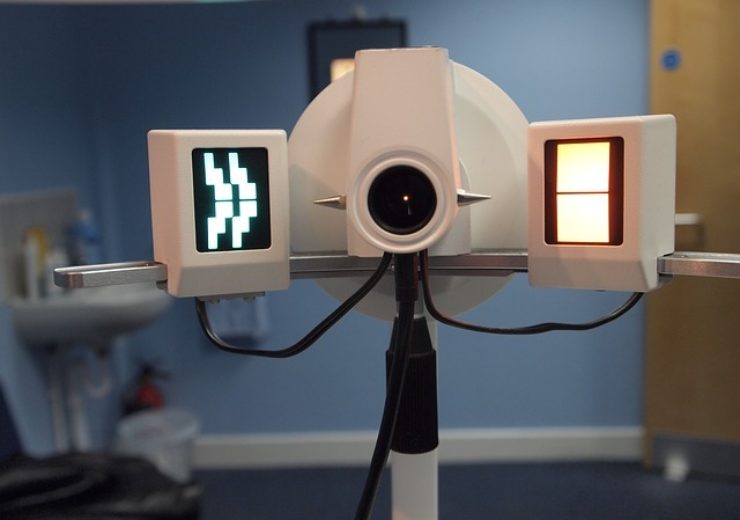POSTECH University researchers have tested the new smart LED contact lenses on rabbits with diabetic retinopathy disease for one month

Smart Photonic Contact Lens detects blood-sugar and treats retinopathy (Credit: Pixabay/iainmellis)
A research team from Pohang University of Science and Technology (POSTECH) has developed a smart light-emitting diode (LED) contact lens and a wearable medical device for diabetics.
Led by professor Sei Kwang Hahn, the research team has developed a new technology to facilitate the diagnosis of diabetes and the treatment of diabetic retinopathy.
Hahn said: “We developed a smart LED contact lens that can diagnose diabetes and treat diabetic retinopathy with light for the first time in the world. We are planning to commercialize these smart contact lenses and smart wearable medical devices in collaboration with Stanford Medicine.”
Featuring and integrated with micro LED and photodetector, the smart contact lens can measure glucose concentration in the conjunctival blood vessels by analysing the NIR light.
POSTECH researchers tested the new smart LED contact lenses on rabbit eyes
POSTECH researchers have tested the new smart LED contact lenses by placing them on rabbit eyes with diabetic retinopathy disease and irradiated light repeatedly for one month.
Based on the results of the test, which showed a reduction in angiogenesis in the retina, the clinical feasibility of the smart LED contact lens has been verified, for the therapy of diabetic retinopathy.
Usually diabetic patients measure their blood-sugar level by drawing blood before and after a meal, which may lead to developing complications due to diabetes.
The new technology will not only enable diabetic patients to monitor the blood-sugar level in real-time, but also offers treatment for retinopathy, caused due to diabetic complications.
The new technology is said to be the world’s first device to diagnose diabetes from glucose concentration in tears and to deliver drugs for treating diabetic retinopathy.
The preliminary clinical tests for the Smart Photonic Contact Lens are expected to be conducted in the first half of 2020 and are planned to be commercialised, in collaboration with PHI Biomed and Stanford University.
